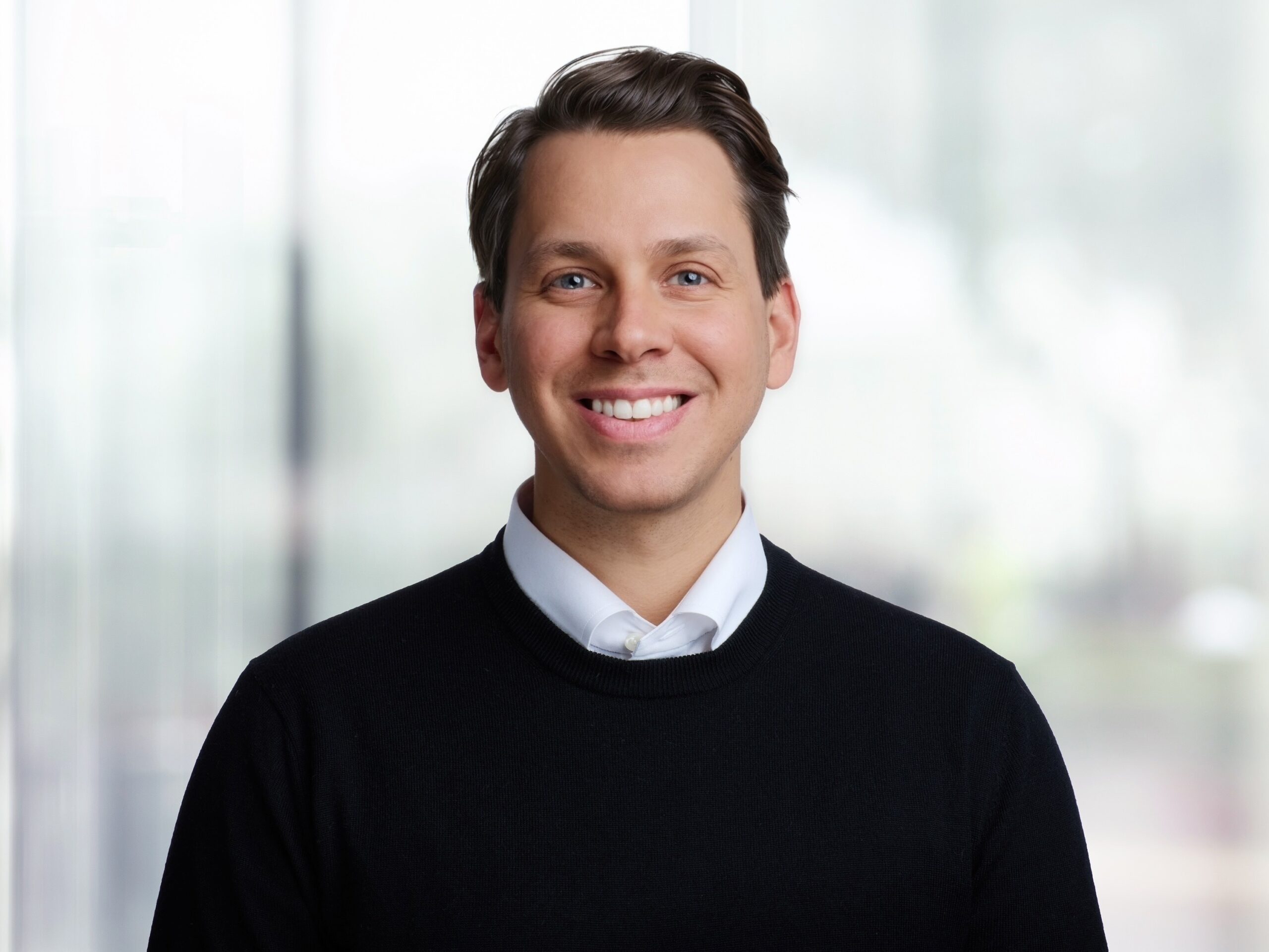Scaling from Series A to B is one of the most pivotal, and pressure-filled, phases in a start-up’s journey. To explore how to hire and structure teams during this critical stage, Erevena partnered with Crane Ventures for a practical session featuring insights from Jonas Helgesson, CEO at Erevena.
The conversation focused on real-world approaches to hiring, capacity planning, levelling, and organisational design, along with common pitfalls founders face when navigating fast-paced growth.
Here are the key takeaways from the session:
Scale Requires Structure – Not Just Speed
Hiring fast doesn’t mean lowering the bar. The best companies scale quickly because they’ve built the right processes. Jonas explained that speed comes from eliminating bottlenecks: clearly defined scorecards, structured interview loops, and a well-aligned hiring plan.
Once you have a shortlist of qualified candidates, have parallel interview tracks. Scorecards are essential for defining what really matters and enabling fast, consistent decision-making.
Plan Backwards From Revenue, Not Forwards From Your Team
Too many companies build headcount plans based on who they already have in place. Instead, start with your business goals. Jonas outlined a basic capacity planning model that works backwards: revenue and business targets define productivity assumptions, which then define how many people, and what kind, you need.
Build in a buffer for attrition, iteration and ramp-up, and don’t treat the plan as static. The best teams review and adjust their models based on actual outcomes.
Hiring Stage-Appropriate Leaders Is Critical
One of the biggest mistakes founders make is hiring people with impressive credentials who aren’t right for the stage. The “perfect” candidate rarely exists, what matters is trajectory. Do they have the adaptability, energy, and problem-solving mindset to grow with the company?
Hiring people with deep industry experience but limited early-stage exposure can backfire. Early-stage environments need people who are hands-on, resilient, and able to operate in ambiguity.
Level Early and Build-In Progression
Companies often wait too long to introduce levelling frameworks and compensation bands, but by the time you reach 75–100 people, a clear structure becomes critical.
Jonas recommended defining levels based on scope and impact, not tenure, and benchmarking against companies 12–18 months ahead in their growth curve. Clear levelling supports fairness, progression, and better hiring decisions.
Org Design Should Solve Real Business Constraints
There’s no one-size-fits-all org structure. Jonas stressed that design should reflect your biggest business constraint, whether that’s GTM, product delivery, or international expansion.
Common models include functional, pod-based, or hybrid structures. Whatever you choose, reassess every 12-18 months. What worked at 50 people won’t work at 150.
Culture Doesn’t Scale Itself
Culture requires active investment. Founders must identify “culture carriers” early — those who embody company values and behaviours, and build rituals and systems to support them as the team scales.
Culture needs to be made explicit, reinforced often, and embedded into performance, hiring, and onboarding processes. As you grow beyond 150-200 employees, you might start thinking about a resource for culture and employee brand.
Common Pitfalls to Avoid
- Hiring too senior, too soon
- Keeping underperformers due to loyalty
- Prioritising pedigree over stage fit
- Delaying investment in TA infrastructure
- Failing to evolve team structure as the business scales
Final Thoughts
Scaling from A to B is messy — but with the right frameworks, it can be intentional. Whether it’s levelling your team, planning headcount with discipline, or structuring around the right constraints, the best operators plan ahead and iterate often.
About the Speaker
CEO, Erevena
Jonas became CEO of Erevena in early 2025, after successfully leading the firm’s Northern European business. Since joining in 2020, he has played a key role in building Erevena’s presence in the Nordics and supporting high-growth companies with international executive hiring. He has delivered senior leadership searches for companies including Nothing, Varjo, Pleo, Ardoq, and Kempower, and brings deep experience advising founder-led businesses on scaling leadership teams across Europe. Get to know Jonas in this interview.
Share this article:













